Optimal Seasons for Foundation Repairs
Foundation repairs are most effective when performed during specific seasonal conditions that minimize soil movement and moisture fluctuations. The optimal time varies depending on climate and weather patterns, but generally, late spring through early fall offers the most stable conditions for foundation work. During these months, soil tends to be dry and stable, reducing the risk of further shifting or cracking during repairs.
Spring offers moderate temperatures and increasing moisture levels, making it suitable for foundation work before the peak heat of summer. Soil is often moist, which can facilitate certain repair techniques.
Summer provides warm, dry weather ideal for many foundation repair activities. However, extreme heat and dry soil can cause further shifting, so timing within summer is important.
Fall typically offers cooler temperatures and consistent moisture levels, creating favorable conditions for foundation repairs before winter.
Winter is generally not recommended for foundation repairs due to frozen ground and unpredictable weather, which can hinder access and affect repair quality.
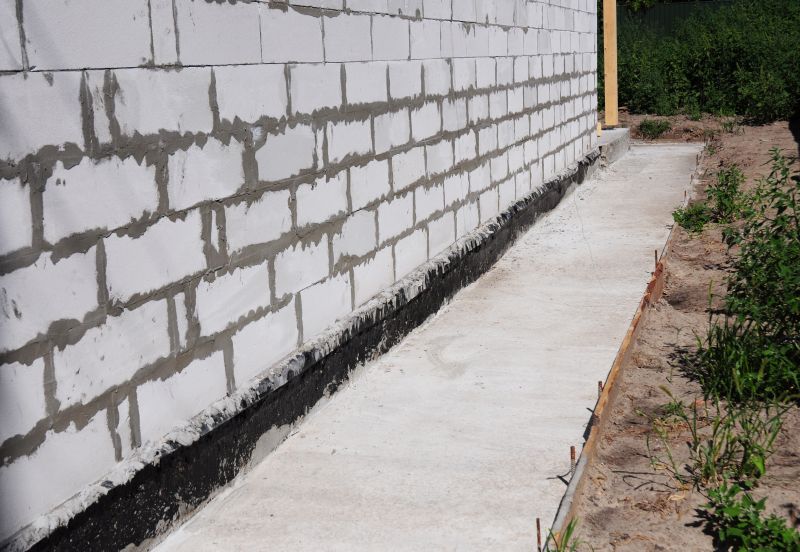
Springtime soil conditions support effective foundation stabilization.
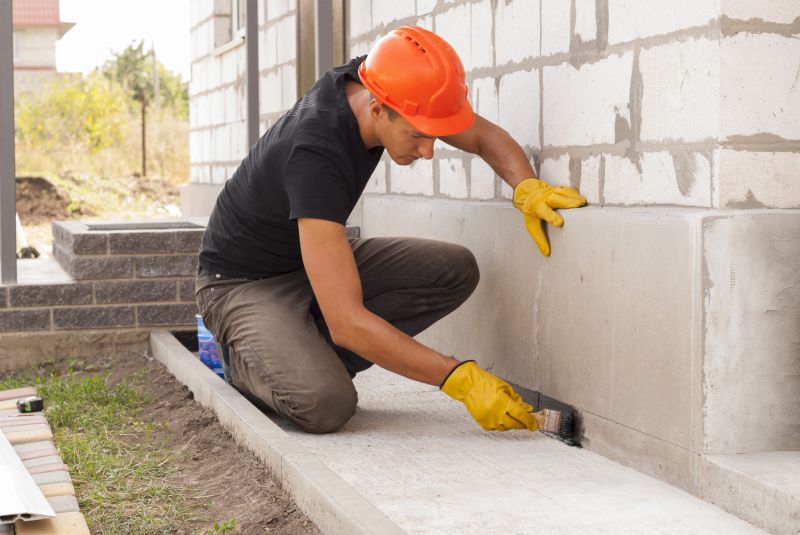
Warm, dry weather is ideal for many repair processes.
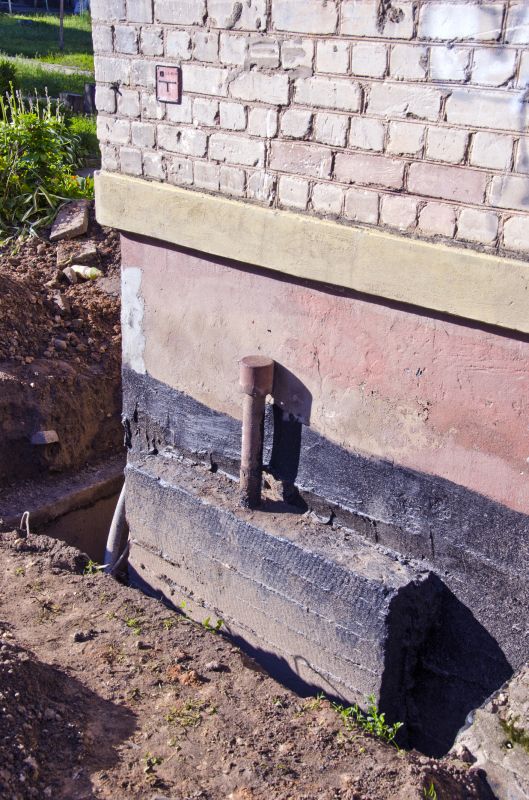
Cooler temperatures and stable moisture levels favor repairs.
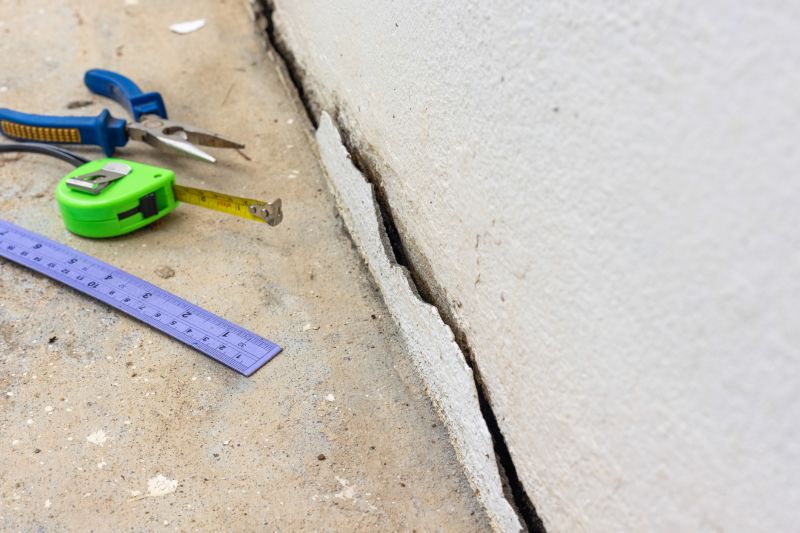
Ways to make Foundation Repairs work in tight or awkward layouts.
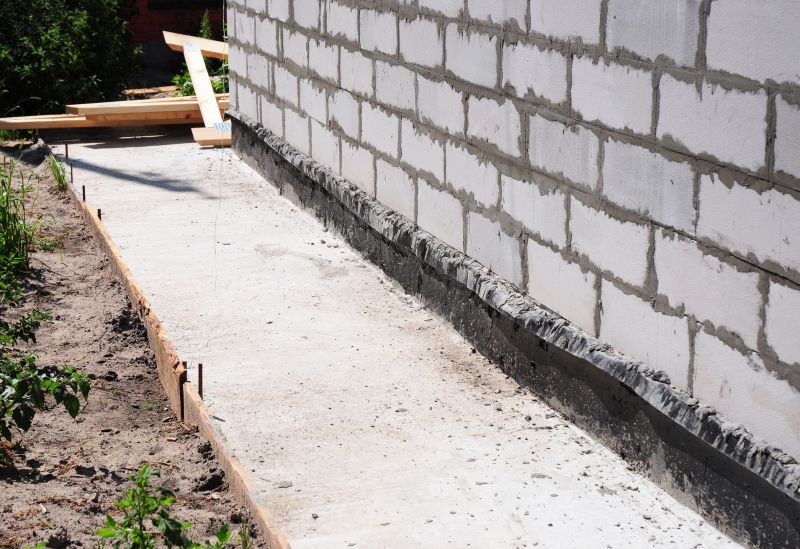
Popular materials for Foundation Repairs and why they hold up over time.
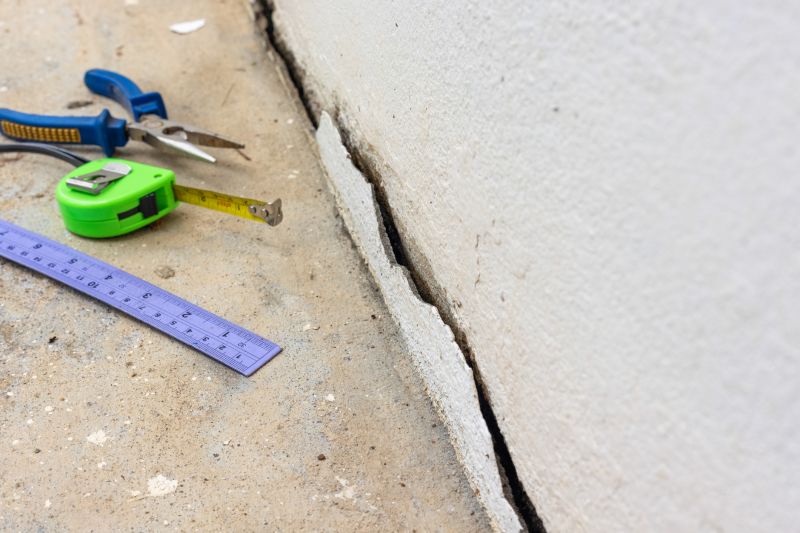
Simple add-ons that improve Foundation Repairs without blowing the budget.
| Season | Optimal Repair Conditions |
|---|---|
| Spring | Moderate temperatures, increasing soil moisture, suitable for repairs. |
| Summer | Warm and dry, best for certain repair techniques, but watch for extreme heat. |
| Fall | Cooler temperatures, stable moisture, ideal for repairs before winter. |
| Winter | Frozen ground, unpredictable weather, generally not recommended. |
Foundation repairs are critical for maintaining structural integrity and preventing further damage. The timing of repairs can influence their success, with seasonal factors such as soil moisture and temperature playing key roles. Properly scheduled repairs can extend the lifespan of a foundation and reduce long-term costs. Understanding local climate patterns and soil conditions helps determine the most suitable time for foundation work.
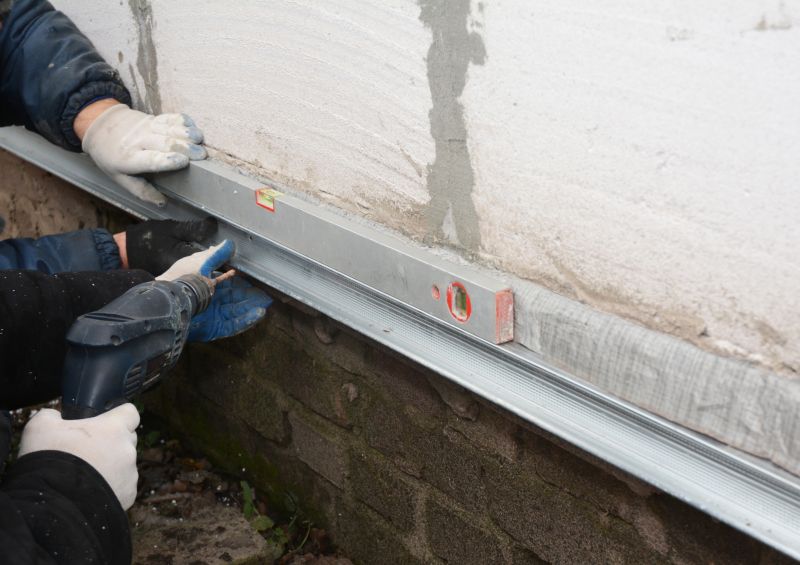
Proper timing ensures effective stabilization and long-lasting results.
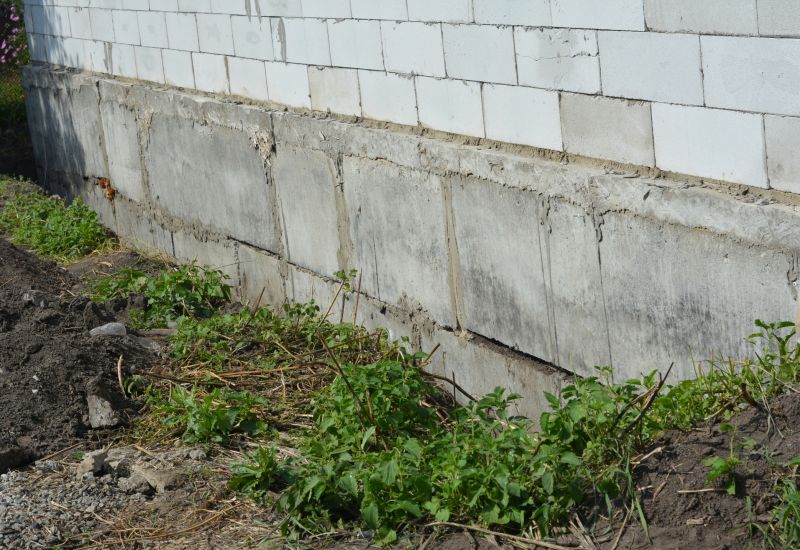
Timing repairs during optimal soil conditions enhances effectiveness.
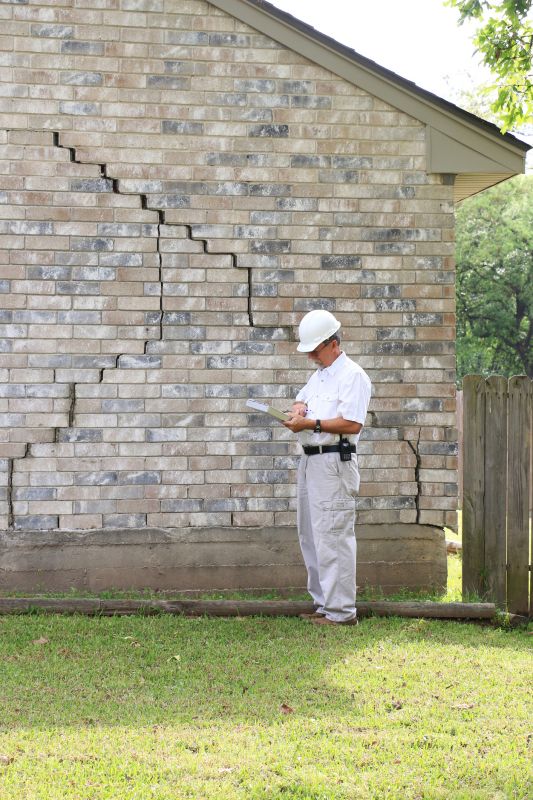
Regular inspections and repairs during suitable seasons prevent major issues.
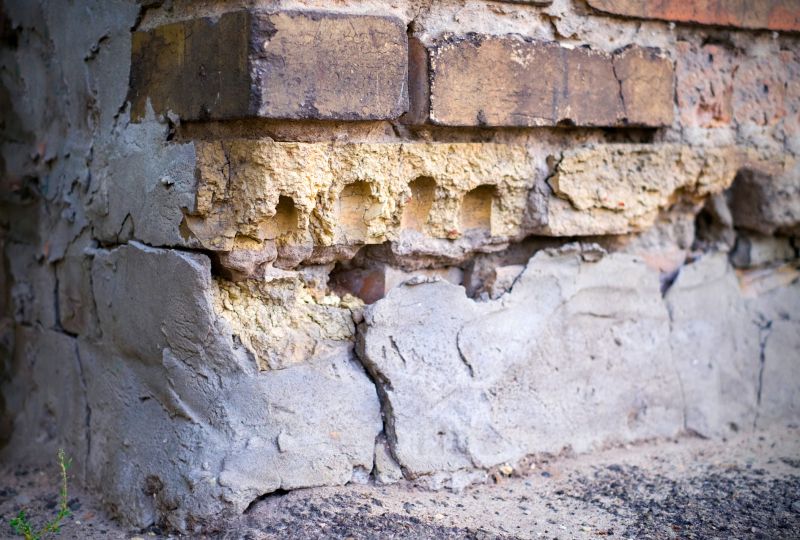
Addressing cracks promptly during the right season minimizes further damage.
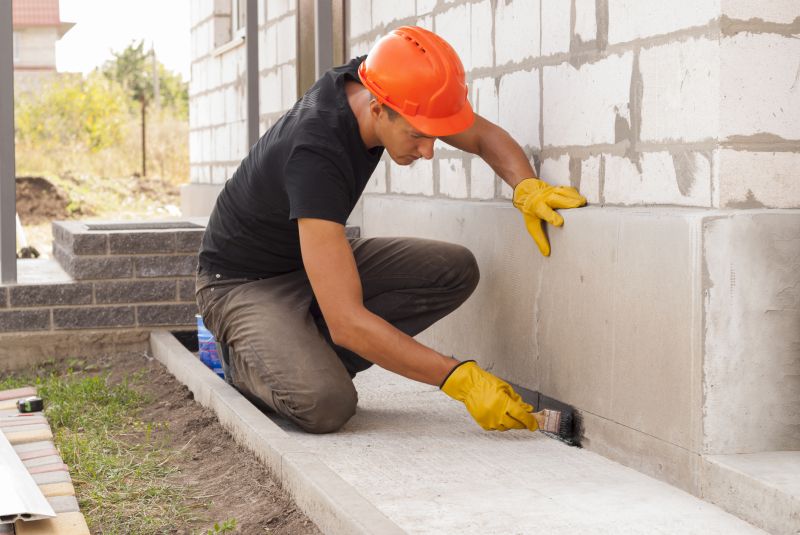
High-end options that actually feel worth it for Foundation Repairs.
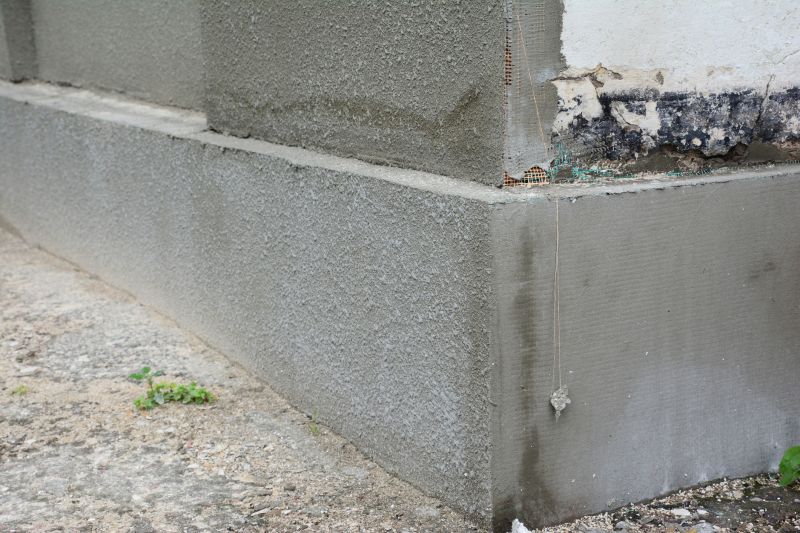
Finishes and colors that play nicely with Foundation Repairs.
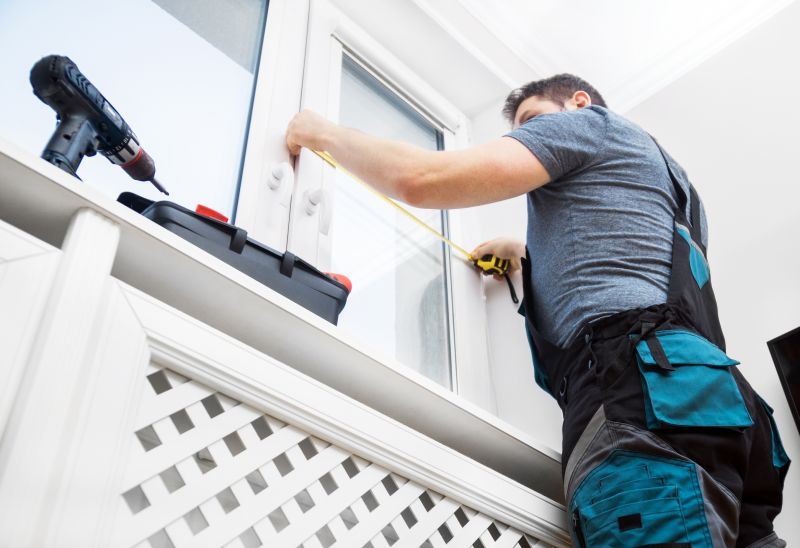
Little measurements that prevent headaches on Foundation Repairs day.
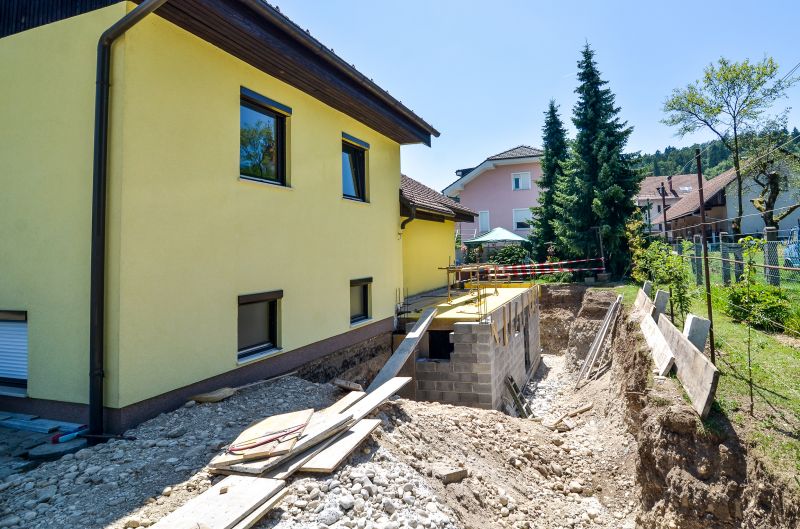
A 60-second routine that keeps Foundation Repairs looking new.
Timely foundation repairs contribute to the stability and safety of a property. Scheduling repairs during favorable weather conditions reduces risks associated with soil movement and weather-related delays. Consulting with foundation specialists can help determine the best timing based on local climate and soil conditions.
Interested property owners in Westfield, IN, are encouraged to contact for further assessment and scheduling. Proper timing and professional execution are essential for durable foundation repair results.


